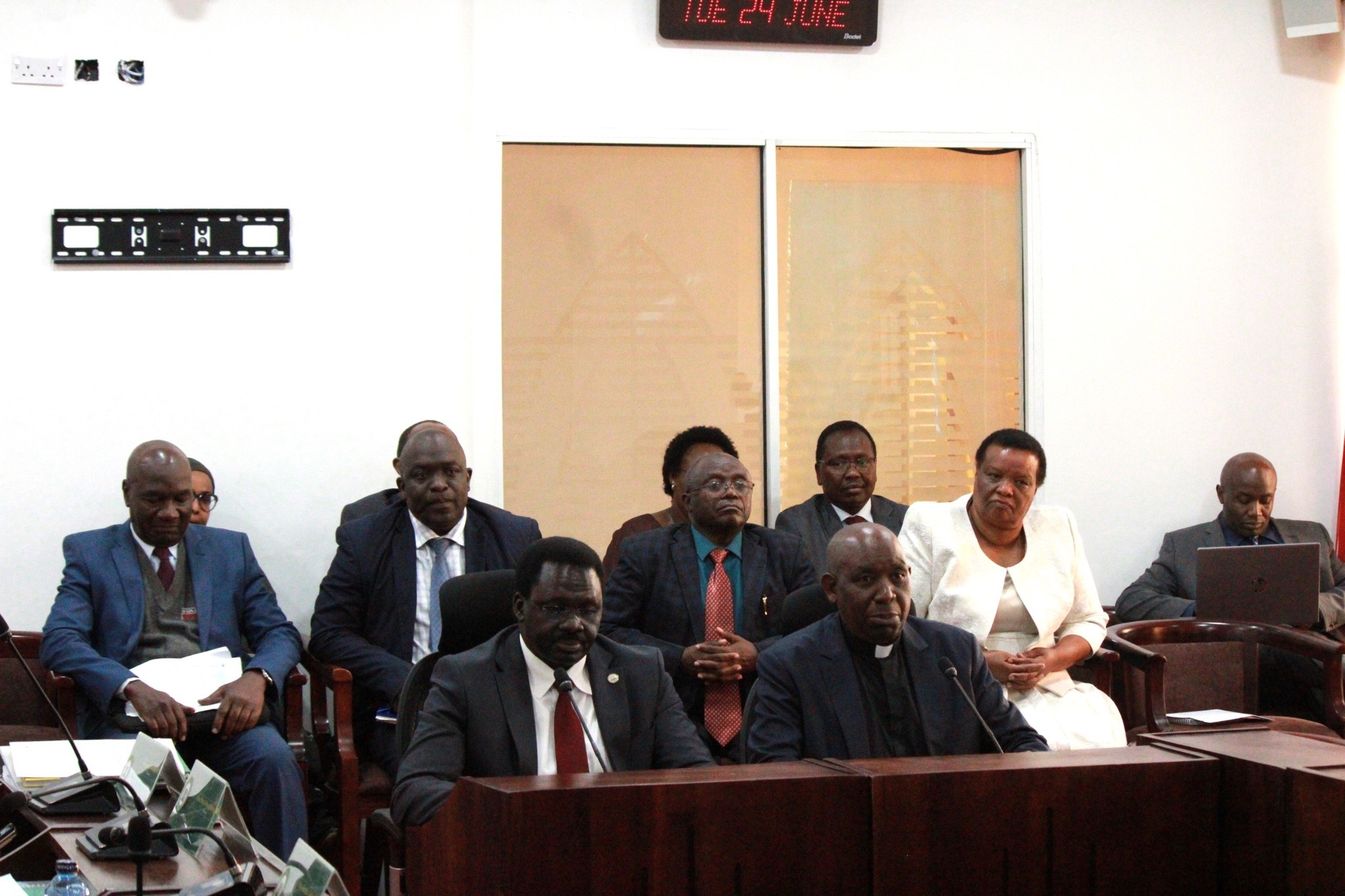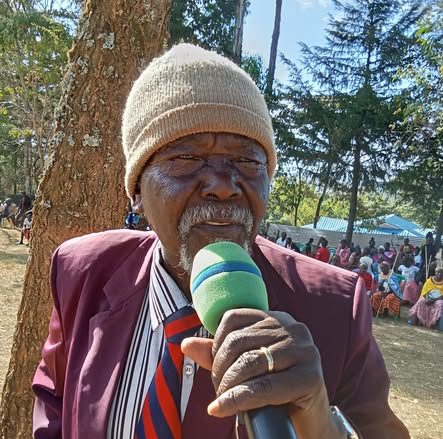The Kenya Association of Private Universities (KAPU), has lamented on the accumulated unpaid government debts arising from the admission of government-sponsored students.
Appearing before the Education Committee during engagement, KAPU the association urged the Committee to intervene and push for the settlement of the outstanding funds from the as part of ongoing efforts to engage key stakeholders in strengthening the country’s higher education sector.
“While the government no longer places new students in private universities under sponsorship, it still owes our institutions a staggering Kshs 48.8 billion as at June 2024,” noted the KAPU Secretary.
KAPU further appealed for the enactment of legislation that mandates the release of funds alongside student placement, to ensure institutions are not burdened with unfunded obligations.
The Association also raised concern over the taxation of tuition income, terming it counterproductive.
“If a university records a surplus, we are willing to pay taxes. But taxing the very fees that support quality education delivery undermines the system,” the Secretary added.
ALSO READ:
Regional CsoSNE cry foul over retooling allowances underpayment, calls for fair treatment
Additionally, the private universities called for increased allocation of funds toward research and innovation, which they termed as pivotal to national development. They emphasized the need for a clear legislative framework to streamline the management of research funds, which is currently hindered by bureaucratic inefficiencies.
However, Committee Members raised tough questions regarding governance and accountability within private universities with Kitutu Masaba MP, Clive Gisairo expressing concern over reports that some institutions had transferred the burden of unpaid government sponsorship to needy students, resulting in dropouts.
Luanda MP, Dick Maungu, challenged the university heads to justify the use of public funds disbursed to them.
“How do you assure this Committee that the public funds you receive are used appropriately, considering we do not exercise direct oversight over private universities?” posed Maungu.
ALSO READ:
Governor Wavinya commissions Kyumvi fire station training center, hails donor support
Nyamira County MP, Jerusha Momanyi on her part demanded an updated record of outstanding balances owed by the government to each university and questioned what steps had been taken to recover the funds.
Narok County MP, Rebecca Tonkei urged the universities to propose specific areas for legislative amendment and nominate a team to work with the Committee in drafting relevant policies and legislation.
Baringo North MP, Joseph Makilap echoed calls for decisive action on the pending bills and inquired whether KAPU had presented its case before the National Pending Bills Committee. He also urged the institutions to put in place effective mechanisms to address drug abuse, a factor he noted was a contributor to student drop outs.
In response, the university representatives explained that many dropouts occur without official notice and thus remain difficult to track. They assured the Committee that cases of academic deferment were well-managed and that affected students were expected to resume studies when ready.
Rev. Prof. Ngari concluded by dispelling the perception that private universities are purely profit-driven, noting that many offer programs at lower costs than their public counterparts. “This is part of our contribution to national development,” he noted.
By Brian Ndigo
You can also follow our social media pages on Twitter: Education News KE and Facebook: Education News Newspaper for timely updates.
>>> Click here to stay up-to-date with trending regional stories
>>> Click here to read more informed opinions on the country’s education landscape






